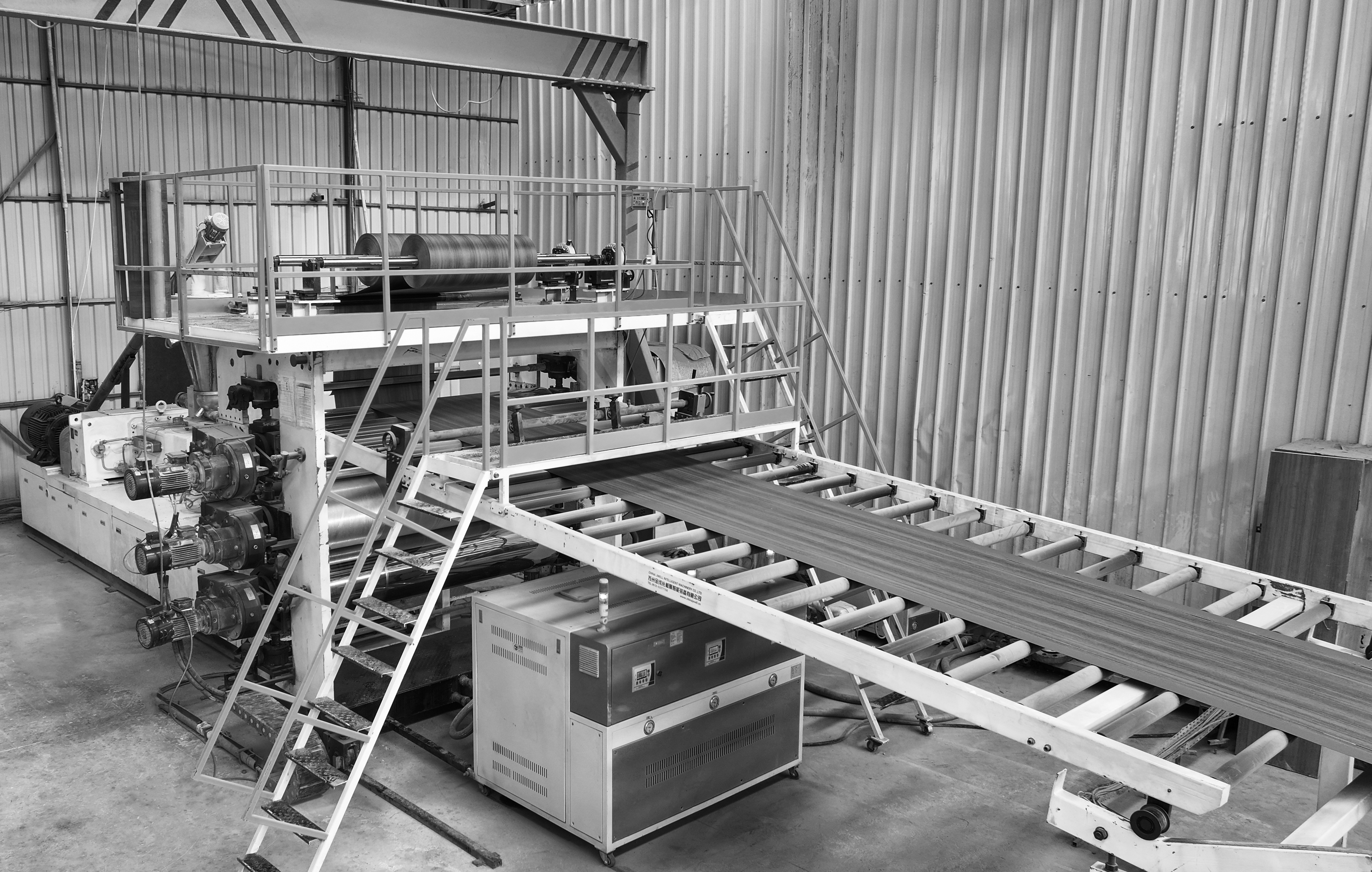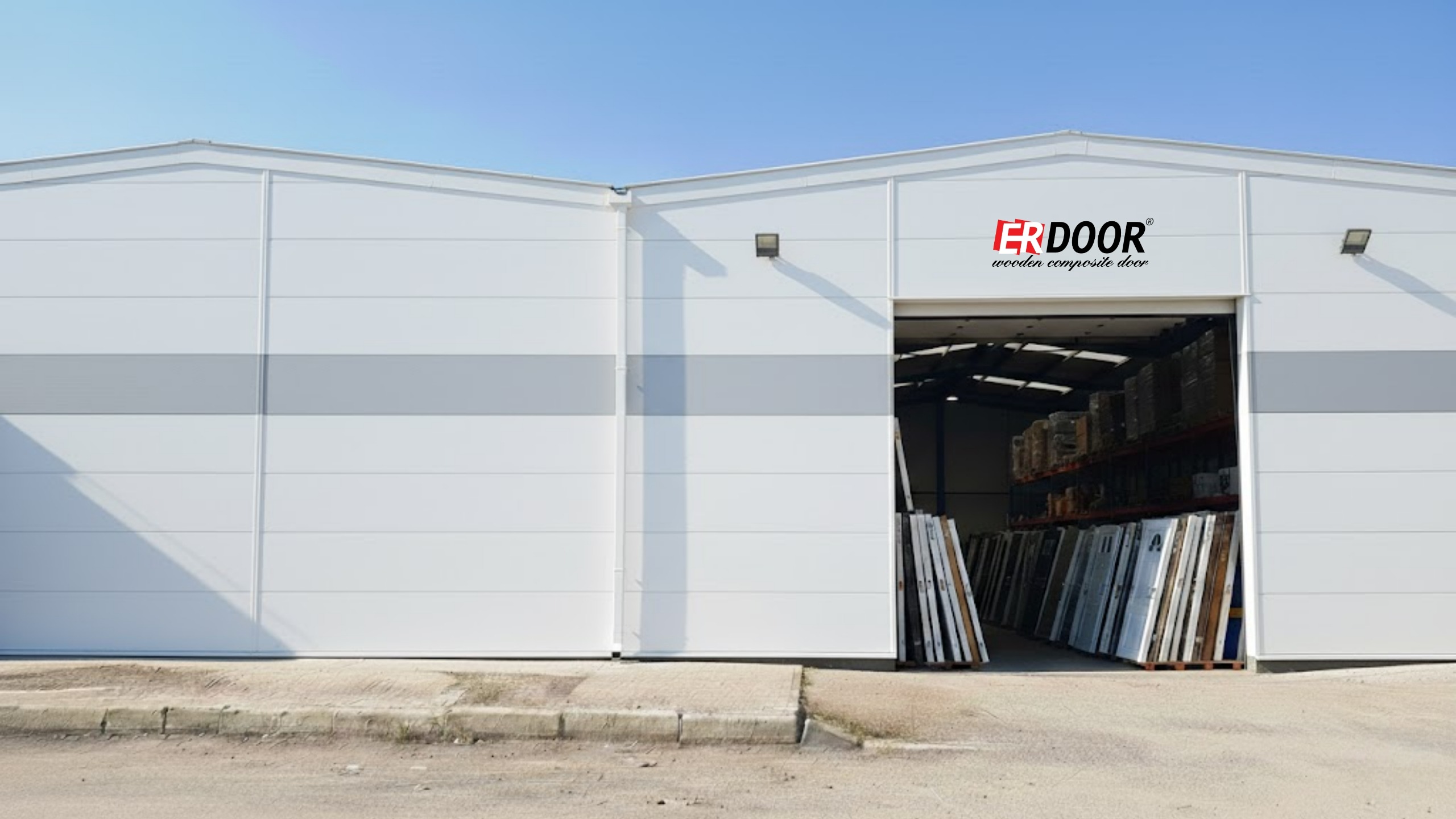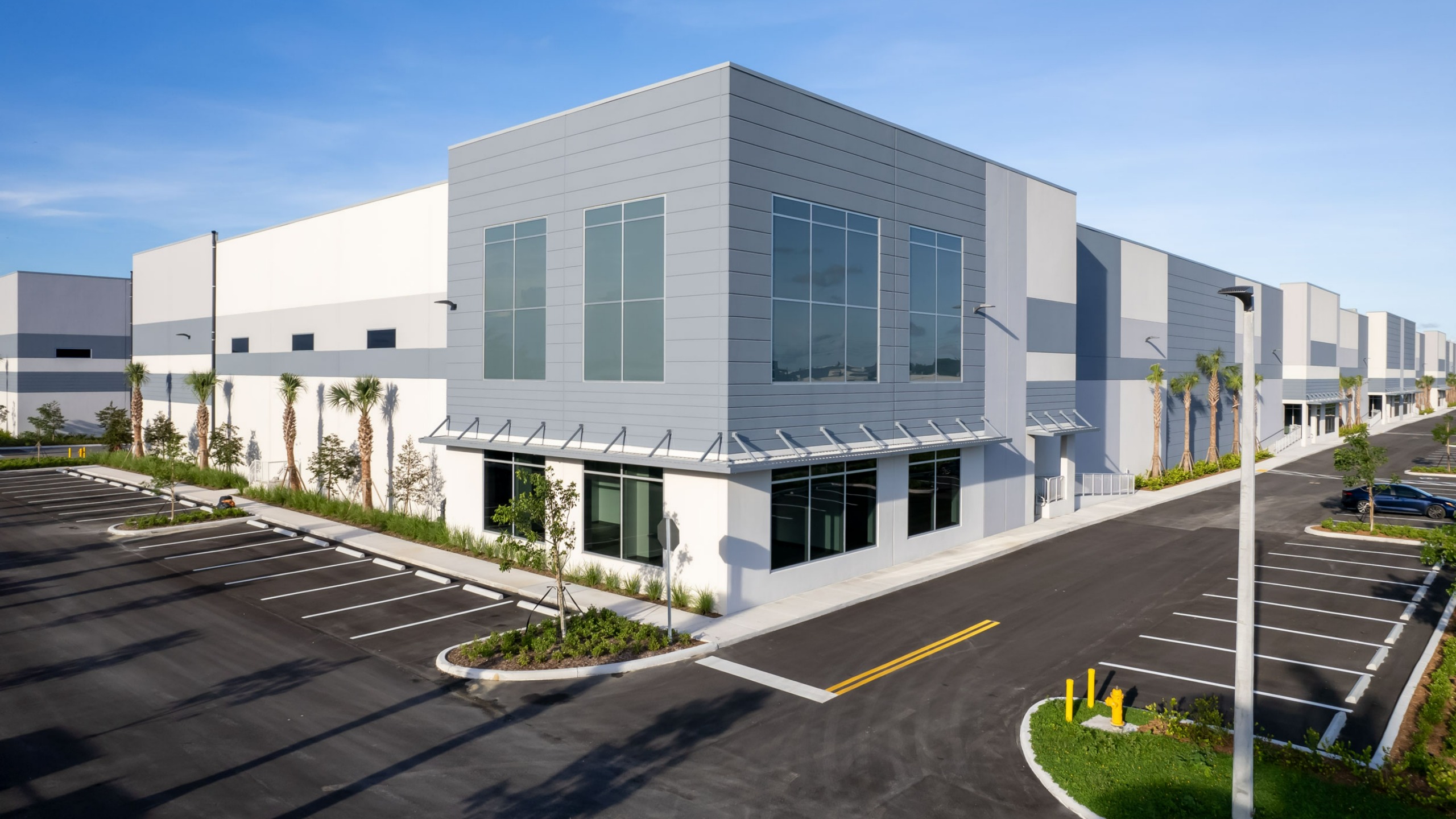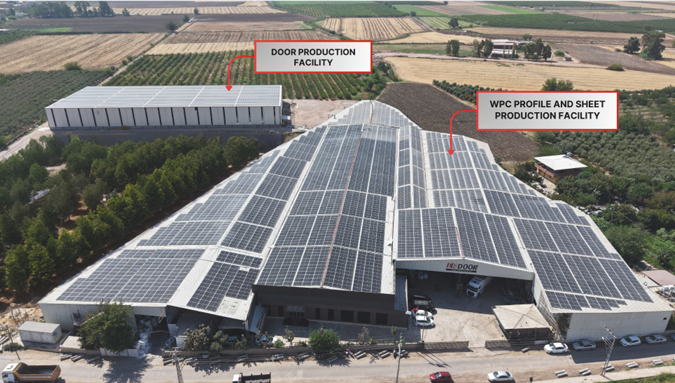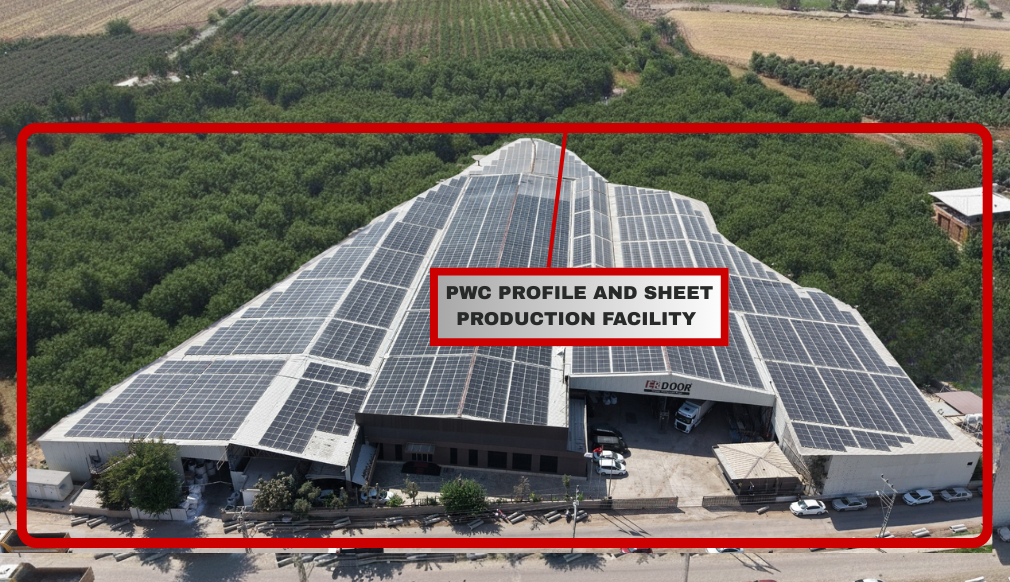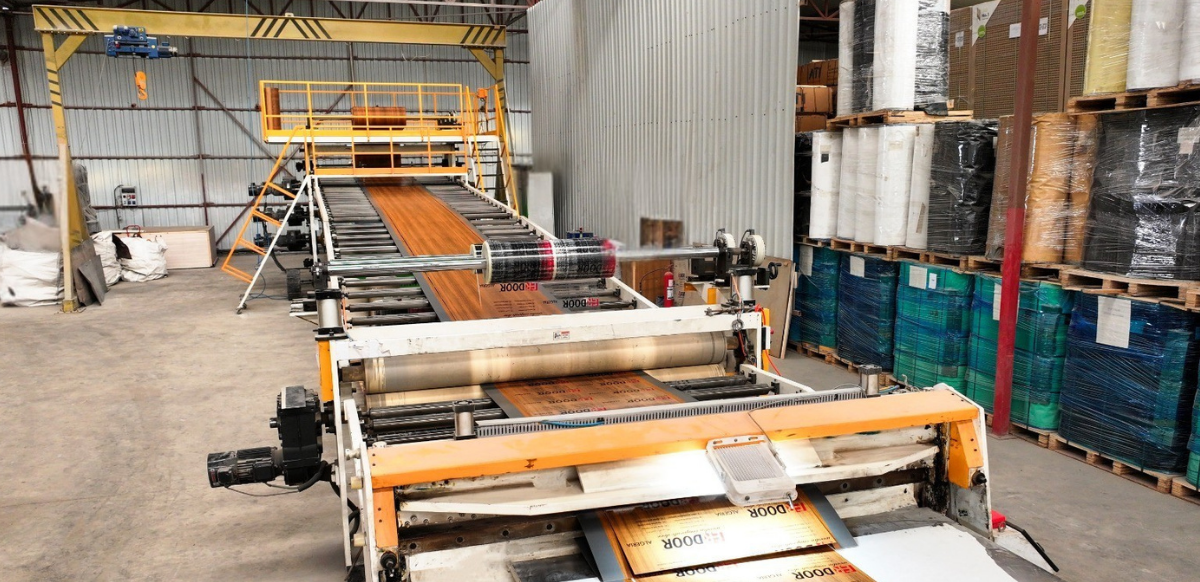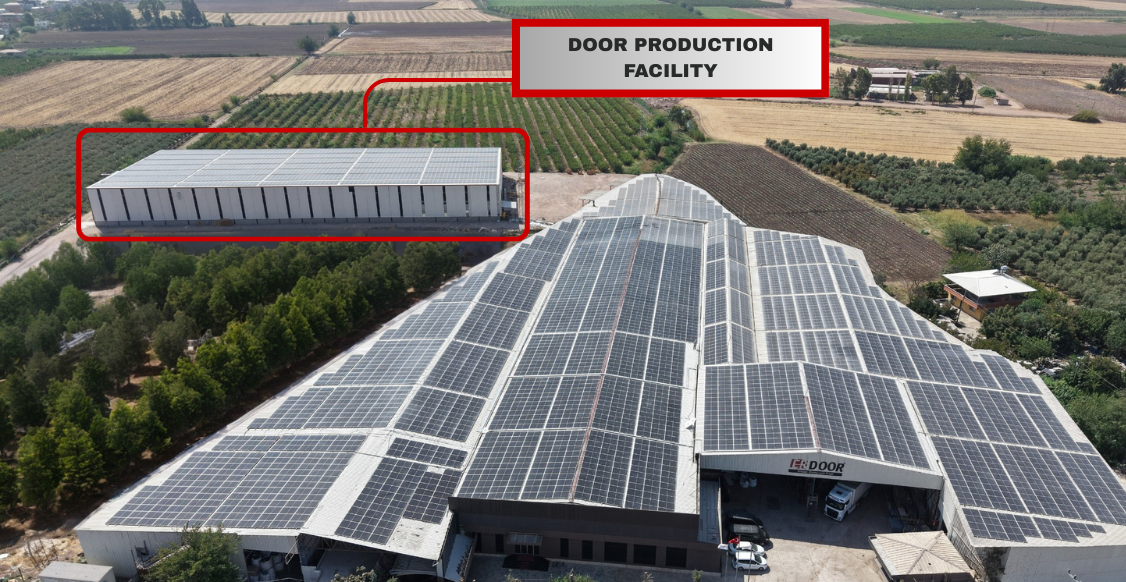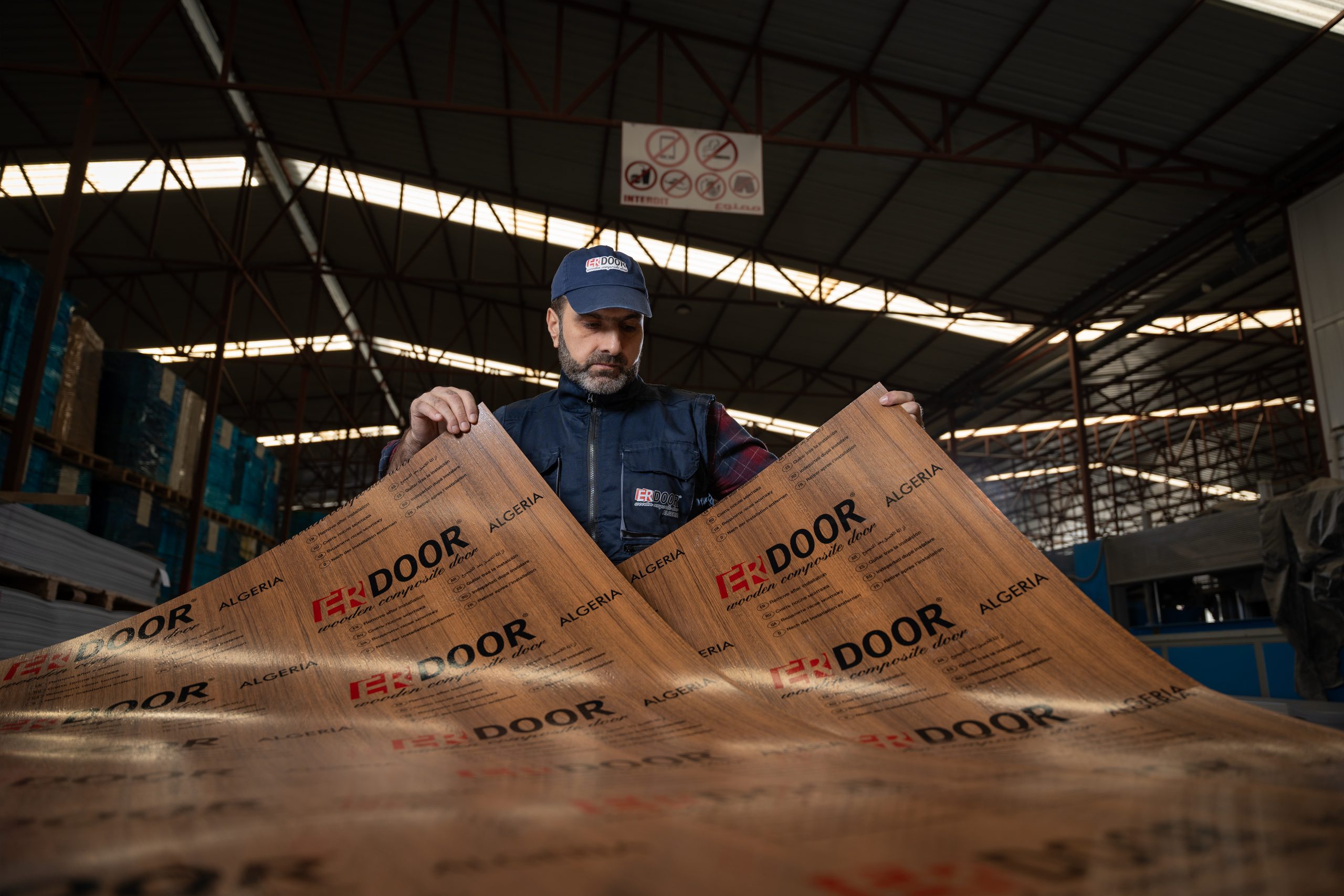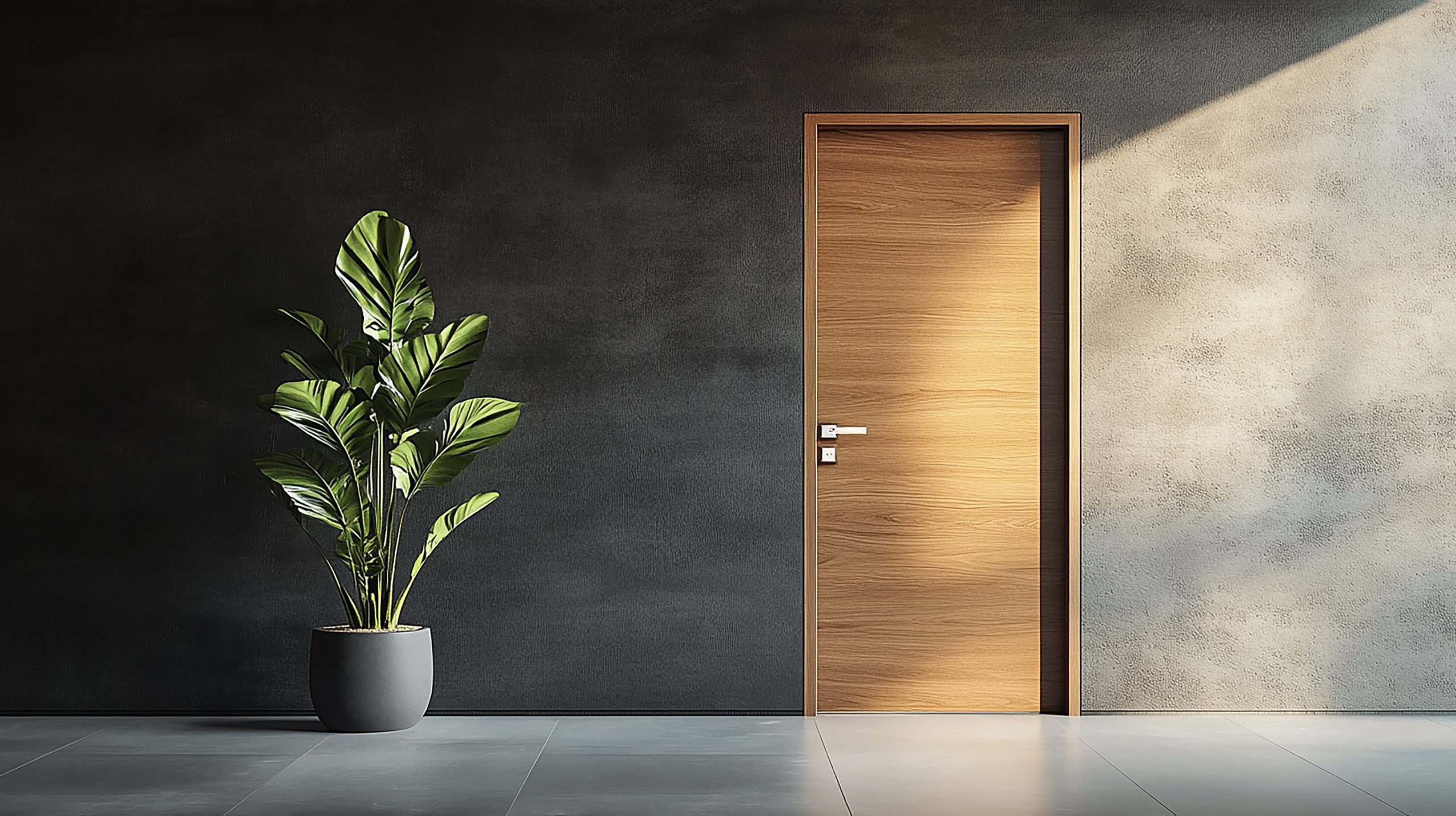WPC (Wood Plastic Composite) Profil ve Levha Üretim Tesisi;
15.000 metrekare kapalı üretim tesisine sahip olan şirketimiz, Erdoor ve Decker markalarıyla profil ve levha üretimi gerçekleştirmektedir.
12 ekstrüder hattıyla aylık 750 ton WPC profil ve 250 ton PVC levha üretimi gerçekleştirilmekte olup, bu ürünler kapı sektörü başta olmak üzere çeşitli sektörlerde yarı mamul olarak kullanılmaktadır. Üretimin %50’si iç piyasaya sunulurken, kalan %50’si yurt dışına ihraç edilmektedir.
Decker markası altında, ahşap ve plastiğin birleşimiyle oluşan kompozit zemin döşeme malzemeleri üretilmektedir. Bu ürünler, park, bahçe, teras ve havuz kenarı gibi dış mekanlarda kullanılmak üzere dünya pazarlarına sunulmaktadır.
Kapı Üretim Tesisi
6.000 metrekare kapalı üretim tesisimizde, profil tesisimizden temin edilen profil ve levhalar kullanılmaktadır. Tam otomatik üretim hattımızda, el değmeden yeni nesil, doğa dostu kompozit iç oda kapıları üretilmektedir. Günlük 1500 adet üretim gerçekleştirilmekte olup, kapıların %70’i Ortadoğu ve Afrika ülkelerine, %30’u ise iç piyasaya dağıtılmaktadır.









